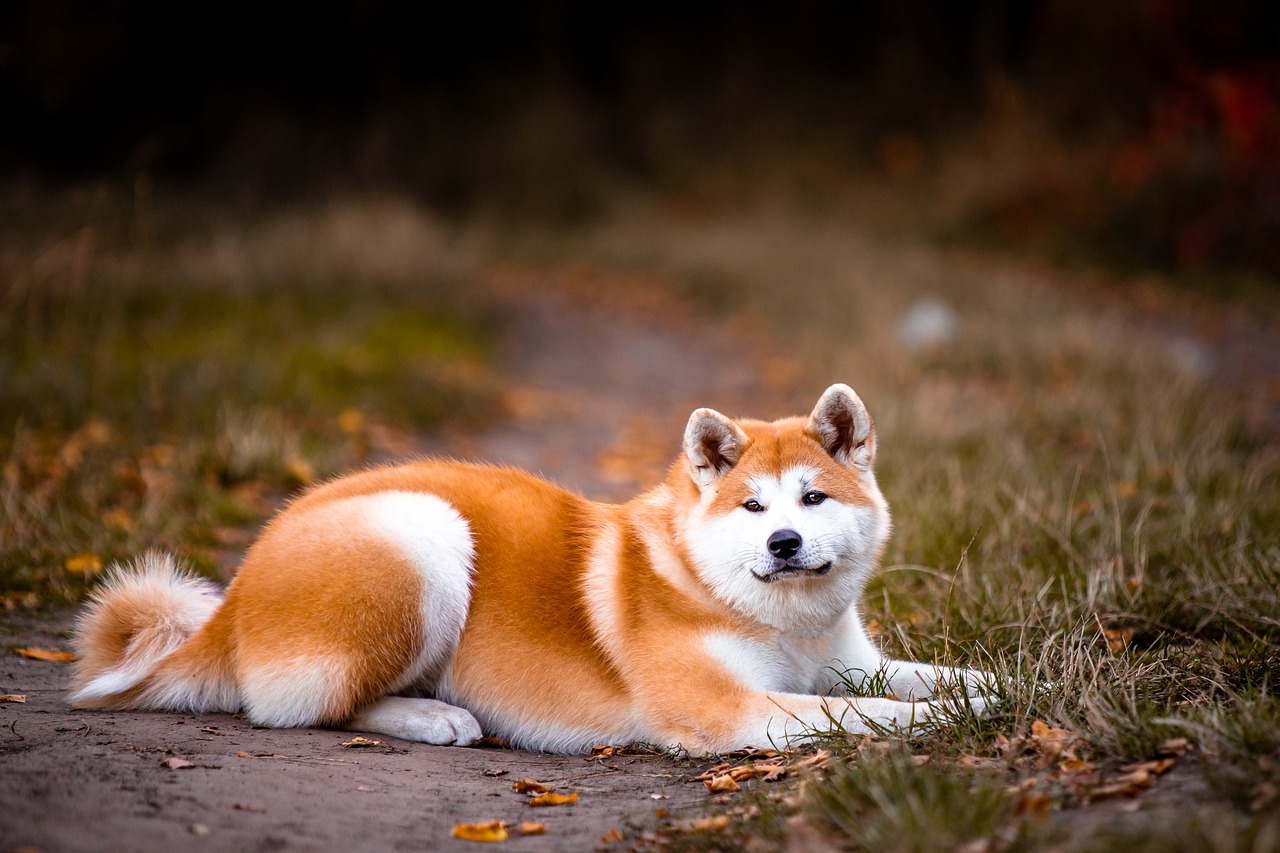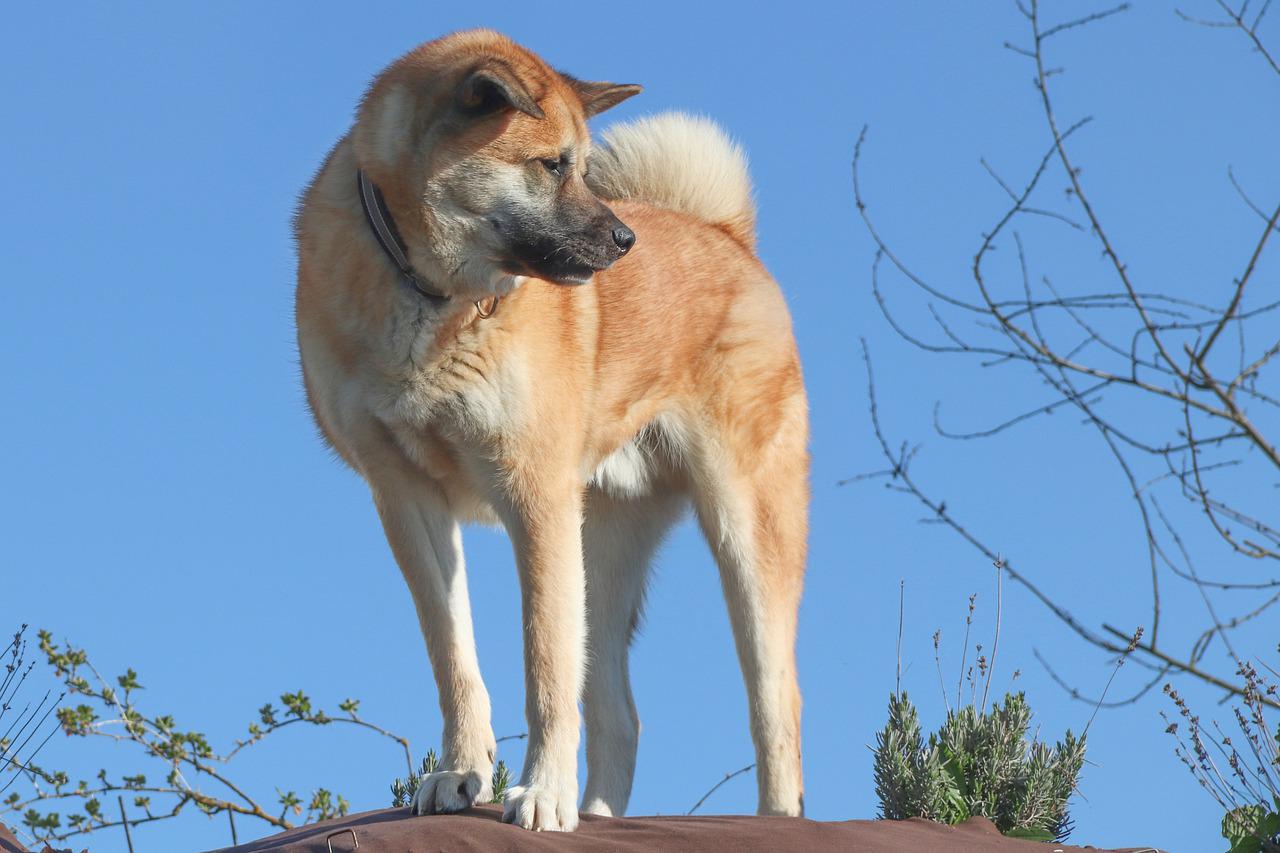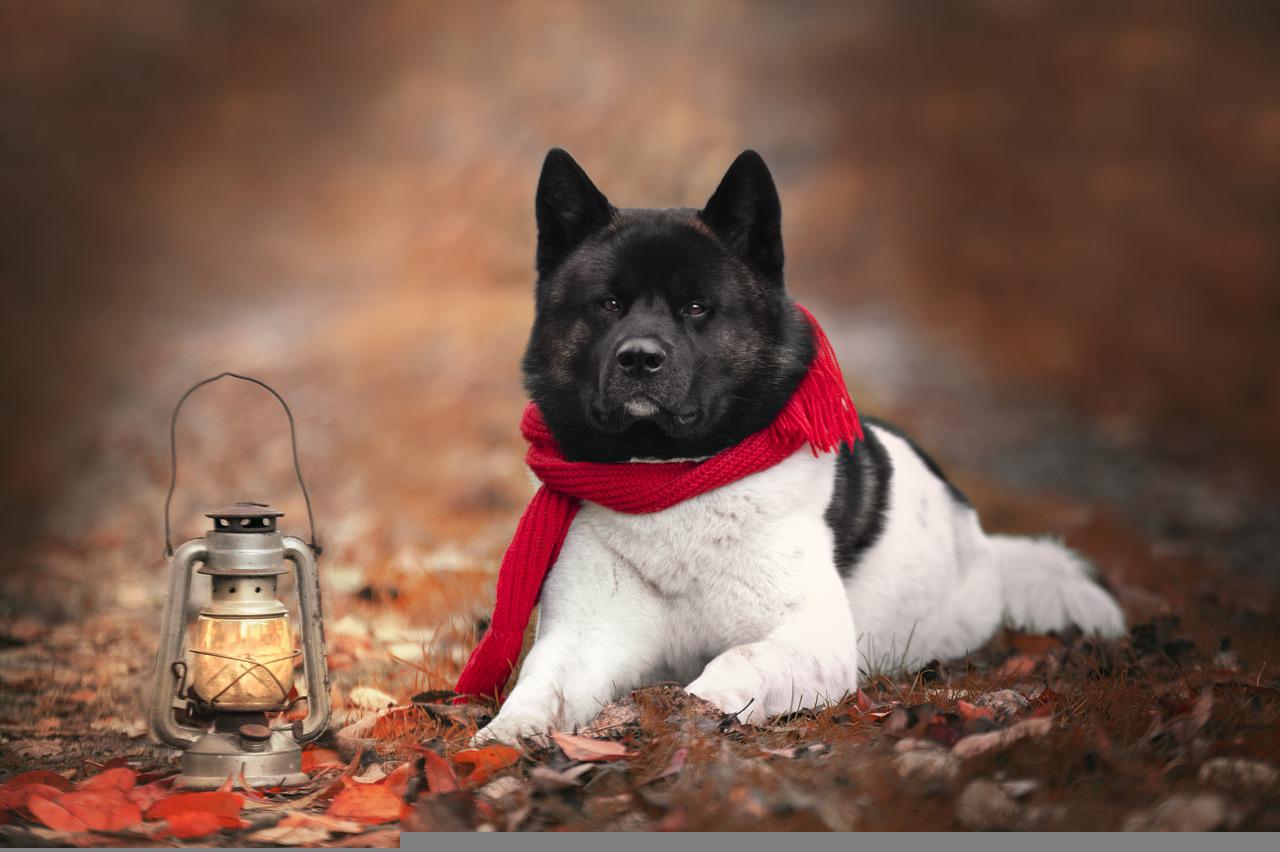There are many ways to extend your Akita’s lifespan. Exercise is one of the best ways to make your Akita healthier and longer-lived. If you’re worried about your Akita’s night blindness, read on! PRA can also cause this problem. You’ll also learn about the dog’s need for socialization to overcome same-sex aggression. Plus, learn the best way to socialize your Akita!
Exercise prolongs Akita’s life span
According to the American Kennel Club, an Akita inu’s average lifespan is 10 to 13 years. They are not hypoallergenic, but they do benefit from regular exercise. Akitas can also benefit from daily walks. The Japanese Akita originated in the mountains of Northern Japan, and it is difficult to find them outside of the country. The lifespan of an Akita is comparable to that of many other breeds.
The Akita Inu is an excellent guard dog and should always be under the supervision of its owner. The breed is very intelligent and can think for itself, which makes it great for guarding a house. Having an Akita in the home should be a fun activity, so it should be exercised daily. This is also an excellent opportunity to bond with your Akita. Just be sure to keep an eye on your dog around children.
Akita’s night blindness is a symptom of PRA
Progressive retinal atrophy (PRA) is an inherited disease that causes blindness in a dog’s eyes. This condition affects more Akitas than any other breed. Although it is not painful or curable, it does cause vision loss in affected dogs. Some early symptoms include night blindness and dilated pupils. Genetic testing is available to determine whether your dog has this disease.
The first step in diagnosing PRA in dogs is ophthalmology. Your veterinarian will look for increased reflectivity of the retina or reduced blood vessels supplying the retina. The diagnosis of PRA may require an electroretinogram (ERG), a test that measures the electrical activity of the retina. The ERG is performed under general anesthesia and can reveal early signs of the disease.
Akita’s aggression with other dogs
Whether you’re thinking of adopting an Akita or already have one, it’s important to know how aggressive this breed is. This breed has a reputation for aggression, but that doesn’t mean you shouldn’t take precautions to prevent this behavior. While this breed is usually good with other dogs, it may be aggressive to large, aggressive male or female dogs. To avoid this problem, it is important to train your Akita to stay away from the other dogs. While training is important, your first priority should be safety.
While Akitas are generally very tolerant and gentle when they’re young, their temperament can change as they mature. This breed is also notorious for displaying breed-specific aggression towards other dogs. That said, good breeders and rescue groups generally won’t place two dogs of the same sex in the same household. In fact, if you see an Akita showing aggression toward another dog, it’s best to get the dog out of the house.
As a dominant breed, the Akita can become aggressive toward other dogs, especially those of the same sex. As a result, proper socialization is essential to prevent this aggressive behavior. Because the Akita’s high energy levels make it difficult to exercise them indoors, it is essential to take them out at least once a day. Otherwise, they can become bored and start to behave aggressively and destructively. The Akita is also a fierce hunter and is still commonly used in hunting.
While the Akita breed is known for its aloof nature, many people who have had a friendly Akita say that the breed’s high prey drive and strong territorial instincts make them naturally aggressive toward dogs of the same sex. While genetics cannot be changed, socialization and training can greatly improve the dog’s chances of avoiding these negative behaviors.
Similar Posts:




Leave a Comment